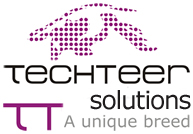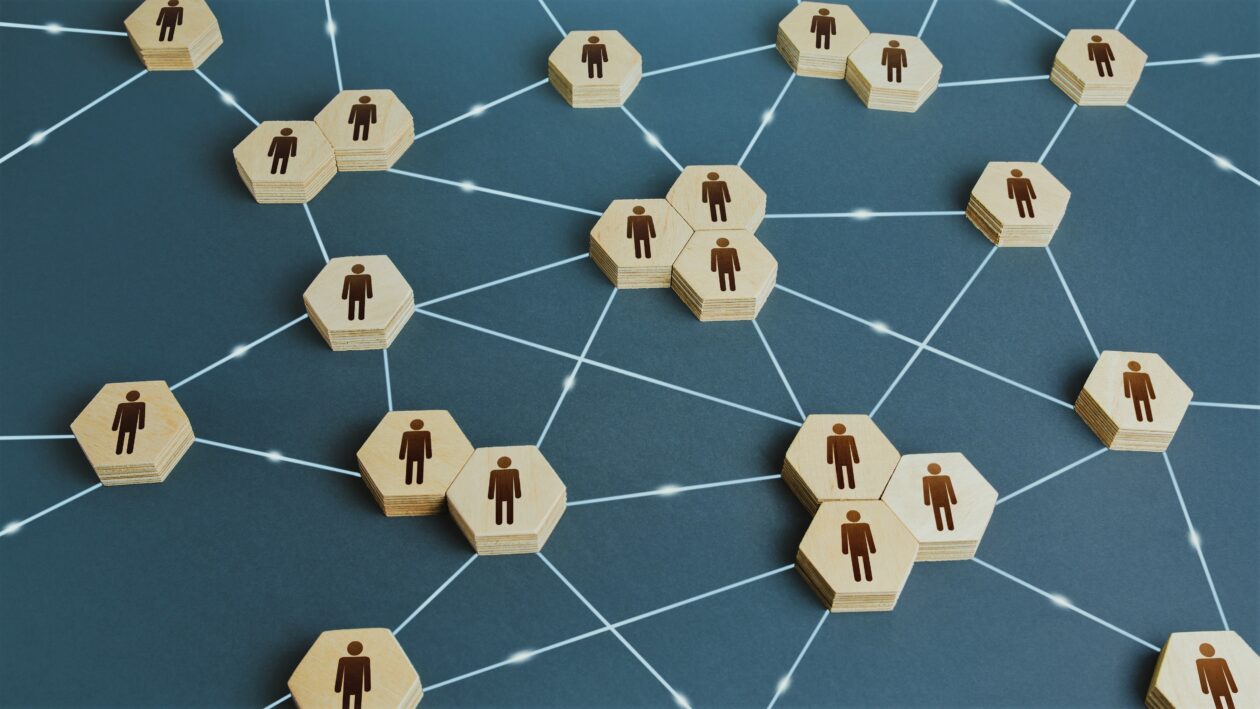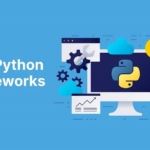Lately, the scene of virtual entertainment has advanced decisively. With developing worries about security, information possession, and the monopolistic force of significant stages like Facebook, numerous clients are investigating choices.
What is Mastodon?
Mastodon is a decentralized informal community planned as an option in contrast to conventional web-based entertainment stages like Twitter and Facebook. It is important for the more extensive Fediverse (combined universe), an assortment of interconnected however free servers that speak with one another utilizing a typical convention.
Before we leap to the reasons, how about we initially investigate the different between decentralized interpersonal organizations and the incorporated ones.
Contrasts Among Concentrated and Decentralized Informal communities
The construction of an informal community essentially influences its usefulness, control, and client experience. Here is a point by point examination among unified and decentralized interpersonal organizations:
-
Control and Administration
Concentrated Informal communities:
Single Power: Stages like Facebook, Twitter, and Instagram are constrained by a solitary substance or association. This focal power settles on all significant choices in regards to the organization’s activity, strategies, and changes.
Hierarchical Administration: Rules, strategies, and content control are upheld by the focal power, frequently prompting consistency across the organization.
Decentralized Interpersonal organizations:
Circulated Control: No single substance controls the whole organization. Administration is dispersed among numerous autonomous hubs or servers.
Local area Driven: Every hub or server can set its own guidelines and arrangements, considering assorted administration structures that mirror the qualities and necessities of explicit networks.
-
Protection and Information Proprietorship
Brought together Interpersonal organizations:
Information Assortment: The focal authority frequently gathers and stores a lot of client information, which can be utilized for designated publicizing and different purposes.
Restricted Client Control: Clients normally have restricted command over their information and the way things are utilized or shared by the organization.
Decentralized Informal communities:
Upgraded Protection: Information isn’t constrained by a solitary element, decreasing the gamble of mass information assortment and double-dealing.
Client Proprietorship: Clients have more prominent command over their information, including the way things are put away and shared. This can prompt better protection and information security.
-
Content Control and Oversight
Unified Informal communities:
Uniform Approaches: Content control is normalized across the stage, which can prompt uniform requirement of rules however may likewise bring about over-restriction or one-sided balance.
Concentrated Independent direction: The focal authority concludes what content is permitted or restricted, which can in some cases lead to oversight of specific perspectives or data.
Decentralized Interpersonal organizations:
Various Strategies: Every hub or server can carry out its own substance control approaches, bringing about a more fitted way to deal with local area norms.
Diminished Restriction: With no focal power, there is less gamble of inescapable control. In any case, this can likewise make it harder to battle hurtful substance across the whole organization.
-
Strength and Dependability
Concentrated Interpersonal organizations:
Weak link: In the event that the focal server or association encounters specialized issues, the whole organization can be impacted, prompting personal time or loss of administration.
Reliance on Focal Power: The organization’s usefulness and unwavering quality are intensely subject to the focal power’s foundation and the executives.
Decentralized Informal communities:
Disseminated Versatility: The decentralized nature actually intends that assuming one hub or server goes down, the remainder of the organization stays functional.
Free Hubs: Every hub or server works autonomously, lessening the gamble of a weak link and expanding by and large organization strength.
-
Client Experience and Customization
Concentrated Informal organizations:
Normalized Insight: The client experience is predictable across the stage, with uniform elements and plan.
Restricted Customization: Clients have restricted capacity to alter their experience past what is presented by the focal power.
Decentralized Informal organizations:
Custom fitted Experience: Clients can pick hubs or servers that line up with their inclinations and values, prompting a more customized insight.
High Customization: More noteworthy adaptability permits clients and local area overseers to alter elements and approaches to all the more likely suit their necessities.
-
Adaptation and Promoting
Concentrated Interpersonal organizations:
Promotion Driven Income: Stages like Facebook depend vigorously on publicizing income, which frequently includes broad information assortment and designated advertisements.
Business Concentration: The focal power’s essential objective is in many cases benefit, which can impact stage approaches and client experience.
Decentralized Interpersonal organizations:
Elective Income Models: Many decentralized networks don’t depend on publicizing and may utilize elective adaptation techniques like gifts, participations, or crowdfunding.
Local area Concentration: The essential objective is frequently to serve the local area as opposed to boost benefit, prompting an alternate way to deal with adaptation and client commitment.
10 Justifications for why you ought to think about doing the change to a decentralized informal organization.
Here are the best justifications for why you ought to think about doing the switch.
-
Improved Security
Decentralized networks focus on client protection. Not at all like Facebook, which gathers tremendous measures of information for the end goal of promoting, Mastodon and comparative stages limit information assortment and give clients more command over their data.
-
No Focal Power
Decentralized networks work without a solitary controlling substance. This construction diminishes the gamble of oversight and guarantees that no single association can direct the stage’s approaches or control the substance.
-
Local area Control
Mastodon permits clients to join or make servers (examples) in light of shared interests and values. Every people group sets its own standards and rules, cultivating different and custom-made encounters for its individuals.
-
Open Source and Straightforward
Mastodon is open-source programming, importance its code is freely available and can be evaluated by anybody. This straightforwardness constructs trust, as clients can confirm the stage’s security and uprightness.
-
Promotion Free Insight
Dissimilar to Facebook, which depends intensely on designated publicizing, Mastodon doesn’t serve promotions. Clients partake in a cleaner, more engaged insight without the steady interference of business messages.
-
Flexibility Against Blackouts
The decentralized idea of Mastodon truly intends that assuming one server goes down, the remainder of the organization stays unaffected. This versatility guarantees consistent access and lessens the effect of specialized disappointments.
-
Independence from Algorithmic Control
On stages like Facebook, calculations figure out what content you see, frequently focusing on thrilling or troublesome presents on increment commitment.
Mastodon shows posts in sequential request, permitting clients to see content as it is posted and connect all the more legitimately.
-
Better Control
Decentralized networks frequently have more successful balance frameworks. Each occasion can execute its own control strategies, custom fitted to the local area’s particular requirements, bringing about a more secure and more deferential climate.
-
Support for Assorted People group
Mastodon and comparable stages support specialty networks that may be underestimated or disregarded by standard organizations. Clients can find and interface with similar people, encouraging a feeling of having a place and backing.
-
Strengthening and Advancement
Decentralized networks enable clients by giving them more command over their internet based presence.
This climate supports advancement, as engineers can make new elements and upgrades without the requirements forced by corporate plans.



